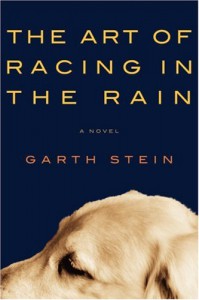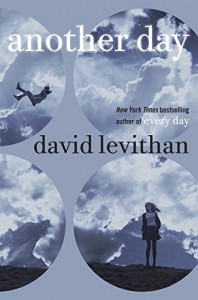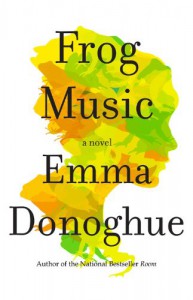The View from the Cheap Seats

The View from the Cheap Seats: Selected Nonfiction
Neil Gaiman, 2016
An inquisitive observer, thoughtful commentator, and assiduous craftsman, Neil Gaiman has long been celebrated for the sharp intellect and startling imagination that informs his bestselling fiction. Now, The View from the Cheap Seats brings together for the first time ever more than sixty pieces of his outstanding nonfiction. Analytical yet playful, erudite yet accessible, this cornucopia explores a broad range of interests and topics, including (but not limited to): authors past and present; music; storytelling; comics; bookshops; travel; fairy tales; America; inspiration; libraries; ghosts; and the title piece, at turns touching and self-deprecating, which recounts the author’s experiences at the 2010 Academy Awards in Hollywood.
This is a collection of essays, book introductions, and speeches that Neil Gaiman has written over the years. There is nothing published here that is new for this book - it has all been published elsewhere before (or in the case of the speeches, presented somewhere else before). However, I personally had only read a few of the pieces previously (Gaiman's famous "Make Good Art" speech is included), so most of these were new to me.
I've seen some reviews that complain that this is self-indulgent or cashing in, and maybe it is. But I also think that very few people will have read all of these writings previously. It's the same as short story collections - I may have read one or two of the stories elsewhere, but as long as it's mostly new, I'm happy to re-read the few pieces I know (or skip over them, if I didn't like them the first time).
This book is composed of mostly speeches, reviews of other books and authors (from either articles or book introductions) and essays about musicians. (There are a few essays about other things, but these make up the majority of the book). Because of this, I feel that this book would work well if you wanted to just pick and choose a few things to read and skip over the ones that didn't interest you, if that is your chosen method. However, while I do own this book and plan to go back to it as I read some of his recommended books, I chose to listen to the audiobook, because Gaiman reads it himself, and I loved hearing it in his voice (especially his speeches).
I also enjoyed his writings about other books and authors, and my to-read list has grown after finishing this book. Some books I already had on my list, but his writings made me want to bump them up the list (Jonathan Strange and Mr. Norrell, as well as some H.G. Wells, Poe, and Lovecraft stories that I haven't gotten around to yet). There were also some books that I didn't have on my to-read list already that I added - some that I had heard of before (Dianna Wynne Jones, Harlan Ellison, Jeff Smith's Bone) and some that are completely new to me (Gene Wolfe, Dave Sim).
Neil Gaiman is my favorite author and has been for quite some time (since I first read American Gods around 2002) and I enjoyed getting a glimpse into the things that he enjoys. This book is not for everyone, but I think if you're a fan of Gaiman, it's worth a look (and a listen, if you can get your hands on the audiobook).






 4
4















